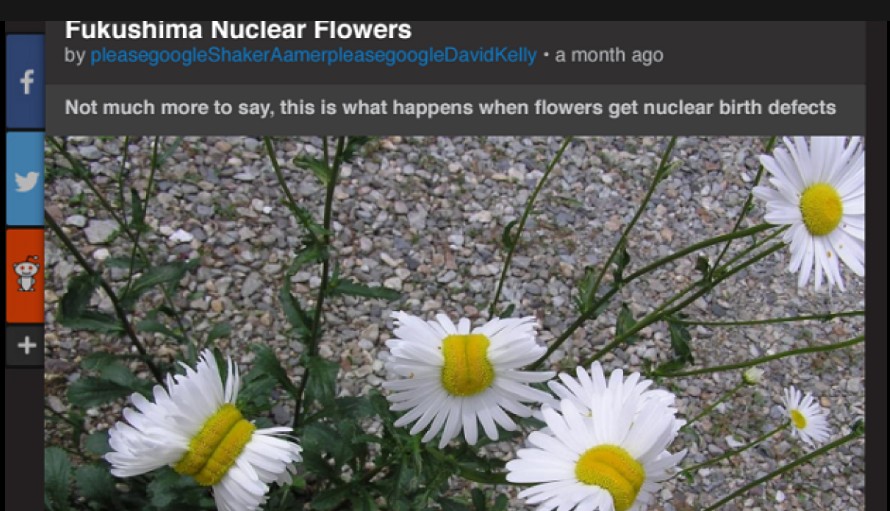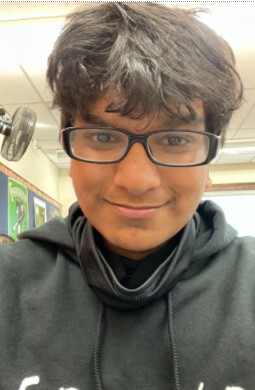The Dangers of Fake News
June 7, 2023
Fake news affects the livelihood of everyone; the news that people intake shapes the perspective they have politically and personally. The Scientific American claims that “in a 2016 study involving nearly 8,000 U.S. students, Stanford University researchers found that more than 80 percent of middle schoolers believed that an advertisement labeled as sponsored content was a news story. The researchers also found that less than 20 percent of high schoolers seriously questioned spurious claims in social media, such as a Facebook post that said images of strange-looking flowers, supposedly near the site of a nuclear power plant accident in Japan, proved that dangerous radiation levels persisted in the area.” (Scientific American). The spread of fake news is faster than normal news, as both tend to get mixed, making it confusing and nearly impossible for readers to differentiate the two and find what’s real. Though fake news has always been around, it was not of major concern until 2016, according to Harvard University. “The long-standing problem of political misinformation drew public attention in the aftermath of the 2016 U.S. presidential election. “Scientists, journalists, and politicians expressed alarm that the spread of fake news could destabilize political institutions and delegitimize media organizations” (Harvard University). The spread of fake news is highly dangerous, as it can destabilize the structure of an entire nation if it is used correctly. The amount of misinformation that is spread through fake news websites and social media is also higher than the amount of real news published. Due to the extensive amount of fake news being published every day, the majority of sources on social media and websites such as Google are indeed fake, as algorithms within those sites and platforms pick out what type of news you would like to hear. The algorithms within sites make the spread of fake news even more dangerous, as over time the algorithm knows a person more than that person knows themselves; it knows your hobbies, your preferences, and your ideologies, making your recommendations more suited to you and your appeal. Overall, the factors of social media and sites make the spread of fake news easier, making the algorithm a dangerous thing and fake news itself a dangerous thing, overall doing harm over time to people.





















